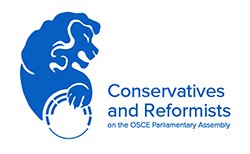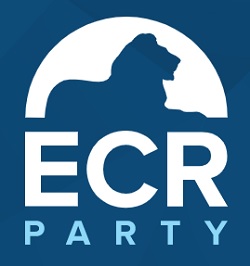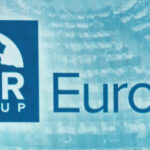 EU/CUBA Björn Söder’s speech at the ECR Eurolat Policy Group meeting in the European Parliament on the 25th of October in 2023.
EU/CUBA Björn Söder’s speech at the ECR Eurolat Policy Group meeting in the European Parliament on the 25th of October in 2023.
Thank you, president Tertsch, and thank you for the invitation to participate in this very important meeting in ECR Eurolat Policy Group.
Dear friends,
In 2016 an agreement between the European Union and Cuba was signed. It was a Political Dialogue and Cooperation Agreement, called PDCA. In 2017 it was approved by the European Parliament and since that all the EU member states, except Lithuania, have ratified the agreement. The agreement was also ratified by Cuba.
The PDCA constitutes a so-called mixed agreement, i.e. an agreement where both the EU and the member states are parties to the agreement together with Cuba.
The PDCA was said to be a confirmation of the EU’s commitment to support a process of change and modernization in Cuba and stated the principles and conditions on which future cooperation between the EU and Cuba will be based on.
It was also said that the agreement means that the EU’s relations with Cuba are brought under a unified framework. Within this framework, the EU was supposed to be able to establish an annual human rights dialogue with Cuba, along with several other political dialogues. This was of course a naive belief.
The EU thought that it confirmed its commitment to a strong and effective multilateral system and a complete respect for and compliance with international law as well as the purposes and principles of the UN Charter. The agreement contains provisions on the foundations of relations between the EU, its Member States and Cuba, such as respect for democracy, human rights and the rule of law.
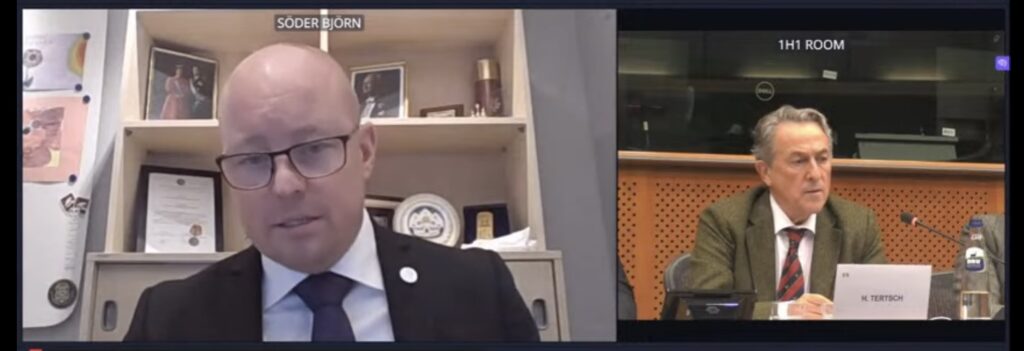
In the agreement, the parties also emphasize the importance of their cooperation and compliance with international rules regarding the disarmament and non-proliferation of weapons of mass destruction. The agreement regulates cooperation through political dialogue, including dialogue on human rights, other sectoral dialogue and trade, as well as trade-related cooperation.
However, the agreement has not led to improvements of the situation of the human rights in Cuba. On the contrary, there are today over 1400 political prisoners in Cuba. The communist dictatorship in Cuba has denied its people the most basic civil liberties and rights for over six decades.
This same regime has served as an enthusiastic Soviet and Russian proxy, actively participating in foreign interventions from Angola to now Ukraine. In addition to this, the Havana regime has actively worked to undermine democracy in the entire region, having a direct role in propping up dictatorships in Venezuela and Nicaragua.
The EU also funds various development projects, which are supportive of repression and flawed totalitarians institutions. Currently, the EU is reportedly funding 80 projects in Cuba to the value of 155 million euros. The funding is directed to organizations linked to the regime.
However, most of the EU’s support goes through the UN, which brokers the funds. This is happening while the Cuban dictatorship doesn’t allow special rapporteurs for human rights to travel to Cuba, to visit political prisoners, activists, or self-employed Cubans. UN aid is also accused of being used by the regime against the population.
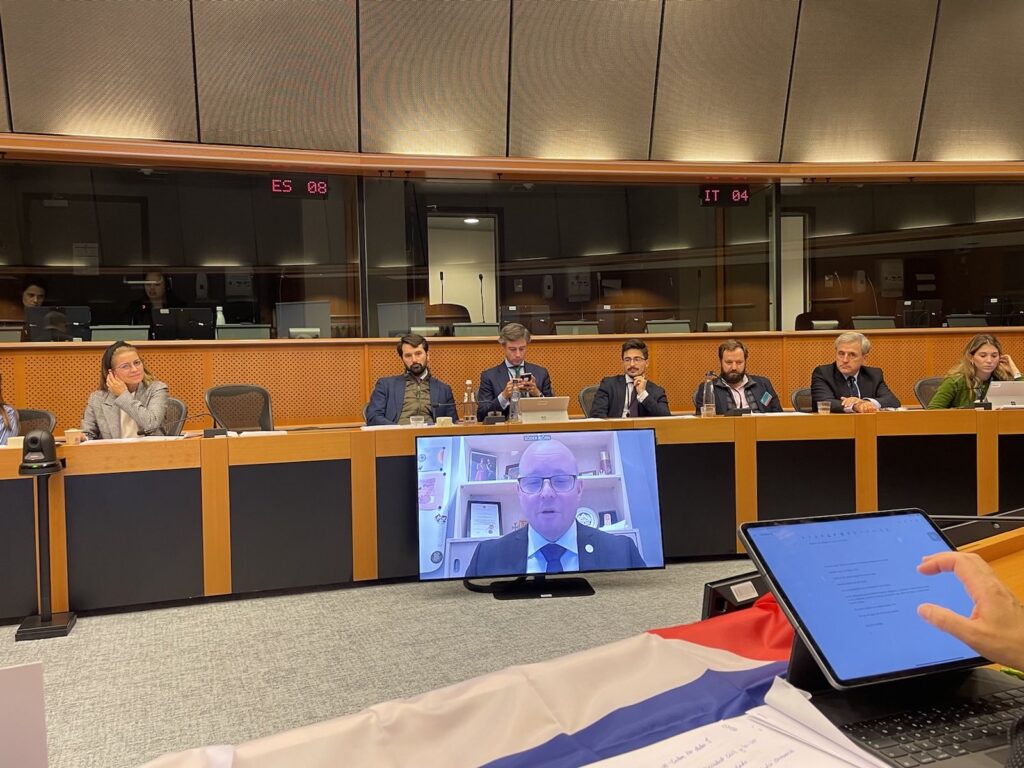
Earlier this year, during its presidency of the European Council, the Swedish government stated that it views with concern the continued negative developments in Cuba and the repressive actions of the Cuban state.
The Swedish government said that “it can be stated that the PDCA has now been applied provisionally for just over five years and the government’s assessment is that there are reasons for a review of the EU’s engagement policy and the PDCA, including the EU’s aid to Cuba.” Despite this, no action was taken.
The Swedish government was later asked why no measures were taken to initiate a review of the PDCA during the Swedish presidency. The answer from the Minister for International Development Cooperation and Foreign Trade was:
“As EU chairman, Sweden’s role was to work for cohesion and coordination in the EU’s common foreign and security policy. It would therefore have been difficult to pursue a line in this role that goes against the EU’s common line.
I firmly believe that a review of PDCA is warranted. Sweden has now handed over the presidency of the EU to Spain and will therefore work to ensure that a review of the PDCA takes place. This is done by raising the issue for discussion within EU cooperation and by gathering support from other member states for the line that a review is now warranted.”
The fact is that the EU financing of tyranny in the largest Caribbean Island has served only to embolden repression. The billions poured by Europe through the PDCA with the Cuban regime and the Club of Paris credit lines and loan forgiveness has not reached the people of Cuba. It has financed the regime that represses them.
After Russia’s full-scale invasion of Ukraine, the Cuban regime has declared full support to the Russian aggression and deepened its cooperation with Russia as well as the Russian allies Belarus and Iran.
On the 18th of May this year, Belarus Deputy Defense Minister for International Military Cooperation said on Twitter that Belarus would train Cuban troops and that military cooperation between the two countries would take place “in a planned manner.”
On the 24th of May, six days after Belarus’s announcement, news outlets in Russia’s Ryazan region reported that “several Cubans” were taken to the “special military operation” zone (that is, Ukraine), as well that Vladimir Putin would grant them citizenship and pay them monthly wages and a one-time payment.
The day after, on the 25th of May, a Russian TikToker shared a video where alleged Cuban citizens, wearing the Cuban flag, were fighting in Ukraine.
Most recently, on the 5th of September, a Russian high-ranking military officer confirmed to The Moscow Times that international battalions on the frontlines in Ukraine were made up mainly of Cubans and Serbians.
In March, before Cuban troops were sent to Europe, Raul Castro and Nikolai Patrushev, Secretary of the Security Council of Russia, met in Havana to align their military priorities with each other. They concluded that there was a need for greater cooperation between their armies on issues like “threats from the West” and counteracting “color revolutions” in Cuba and Europe.
The EU says that it stands up for Ukraine against the Russian aggression, but it has an agreement with and finances a regime that cooperates and supports the Russian and Belarusian dictatorships and deploys soldiers to engage in the war against Ukraine. This is hypocrisy.
So, for the sake of the freedom and life of Cubans, for the sake of democracy in Latin America, in further support for Ukraine, the EU should immediately review its misguided policy towards the totalitarian state ruling the island nation.
Therefore, I together with parliamentary colleagues around Europe, now urge the EU and our governments to take action to end the PDCA and stop financing the Cuban regime. We are now collecting signatures for a letter to be published on this topic.
Thank you!


